Intolerance among people can be seen as a growing problem in Nigeria and many other parts of the world. This is largely due to the inability of individuals to accept and respect differing opinions and beliefs. The phenomenon is not limited to any particular demographic, but can be observed across all age groups, education levels, and socioeconomic backgrounds.
One of the reasons why intolerance is growing in Nigeria is due to the prevalence of stereotypes and biases. People often form opinions based on their own experiences and beliefs, without considering the perspective of others. This leads to a lack of understanding and an unwillingness to engage in open dialogue and discussion. Additionally, individuals may feel that their beliefs and opinions are being threatened, and they may react defensively or aggressively towards those who hold different views.
Stereotypes and biases can significantly contribute to the growth of intolerance in Nigeria. For example, people may have a preconceived notion about a particular group of people, based on their religion, ethnicity, or political beliefs. This can lead to the formation of negative attitudes and opinions towards these groups, even before they have had the opportunity to engage in meaningful interaction or discussion.
For instance, if an individual has grown up in a community that associates a particular religious group with violence, they may automatically assume that all members of that group are violent, without considering the individual experiences and perspectives of each person. This lack of understanding can lead to an unwillingness to engage in open dialogue and can create further division and intolerance.
Additionally, people may react defensively or aggressively towards those who hold different views because they feel that their own beliefs and opinions are being threatened. For example, if someone is passionate about a particular political viewpoint, they may become angry or hostile towards those who disagree with them. This can lead to further division and intolerance, as individuals become entrenched in their own beliefs and are unwilling to consider alternative perspectives.
Moreover, stereotypes and biases can also create a self-fulfilling prophecy, where individuals behave towards others in ways that reinforce the negative stereotypes and biases. For example, if someone believes that all members of a particular ethnic group are lazy, they may treat them as such, even if there is no evidence to support this belief. This can create a vicious cycle of intolerance, where negative attitudes and behaviors become further entrenched and difficult to change.
Another factor contributing to intolerance is the prevalence of misinformation and fake news. In the era of social media, it is easier for false information to spread quickly and widely. This can lead to the formation of misinformation-based opinions and beliefs, which can be difficult to correct. Moreover, people may feel that their opinions are based on accurate information and may be reluctant to change them, even in the face of contrary evidence.
Certainly, the spread of misinformation and fake news is a major contributor to the increase in intolerance. Social media platforms have made it easier for false information to spread quickly and widely, due in part to the algorithms that these platforms use to show users content that is likely to interest them. This often results in the reinforcement of existing beliefs and the creation of echo chambers, where people are exposed only to information that supports their preexisting opinions and beliefs.
This can be dangerous because misinformation can lead to the formation of opinions and beliefs that are not based on accurate information. For example, false information about a particular political candidate, social issue, or public health crisis can lead to the spread of harmful myths and conspiracy theories.
In addition to spreading false information, misinformation can also undermine public trust in important institutions and sources of information. When people are repeatedly exposed to false information, they may begin to question the credibility of established sources of information and expertise, such as government agencies, scientific organizations, and media outlets.
Furthermore, people may feel that their opinions are based on accurate information and may be reluctant to change them, even in the face of contrary evidence. This is because human beings have a psychological tendency to cling to their beliefs and are often resistant to new information that challenges those beliefs. This can lead to a situation where people are unable to engage in productive dialogue and exchange of ideas, and instead resort to shouting down those who disagree with them.
The lack of critical thinking skills and the absence of objective analysis also contributes to intolerance. Many individuals lack the ability to question the information they receive and to consider multiple perspectives before forming opinions. This can result in a narrow-minded view of the world and a lack of understanding of other people’s beliefs and opinions. In addition, people may be exposed to limited or selective information that supports their existing beliefs and opinions, leading to further reinforcement of those views.
Another factor that contributes to intolerance is the fear of being judged or rejected. In a society where conformity is often valued, individuals may be afraid to express their opinions and beliefs if they differ from the majority. This can lead to a lack of open dialogue and a suppression of dissenting voices. Additionally, people may feel that expressing a contrary opinion will result in being ostracized or rejected by their social network, leading to further intolerance and division.
The fear of being judged or rejected is indeed another factor that contributes to intolerance in Nigeria. This can have a significant impact on the willingness of individuals to express their opinions and beliefs, especially if they differ from the majority. When people are afraid to express themselves, it can lead to a lack of open dialogue and a suppression of dissenting voices. This can be particularly challenging in a society where conformity is often valued and individuals may feel pressure to conform to the opinions and beliefs of their peers.
For example, if an individual holds a political belief that is unpopular in their community, they may be afraid to express it for fear of being judged or rejected by their friends, family, or colleagues. This can create an environment where dissenting voices are silenced and where alternative perspectives are not heard or considered. This can further entrench existing beliefs and attitudes and lead to a lack of understanding and respect for differing opinions and beliefs.
Moreover, the fear of being rejected by one’s social network can also result in further division and intolerance. When people feel that expressing a contrary opinion will result in being ostracized or rejected by their social network, they may become entrenched in their own beliefs and become less likely to engage in open dialogue. This can lead to a lack of understanding and respect for differing opinions and beliefs and can further contribute to the growth of intolerance in the society.
The impact of political and religious ideologies also plays a significant role in the growth of intolerance in Nigeria. Political leaders often use divisive language and spread misinformation to gain power and support. This can result in further division and intolerance among individuals with different political views. Similarly, religious ideologies can also contribute to intolerance, particularly when people feel that their beliefs are being threatened. This can lead to a lack of understanding and respect for other people’s beliefs and opinions.
In conclusion, intolerance among people in Nigeria is a complex issue that stems from multiple factors, including stereotypes, misinformation, lack of critical thinking skills, fear of being judged, and the impact of political and religious ideologies. Addressing this issue requires individuals to engage in open dialogue, to question their beliefs and opinions, and to be willing to consider multiple perspectives. It also requires a greater emphasis on critical thinking skills and media literacy in education, and the promotion of objective and accurate information in the media. Additionally, political leaders and religious leaders have a responsibility to promote unity and understanding, rather than division and intolerance.
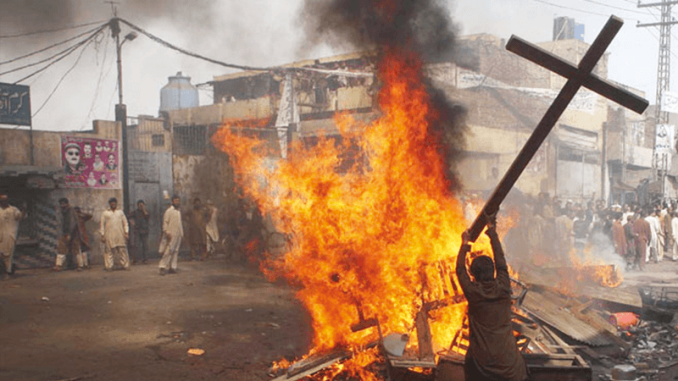
![]()






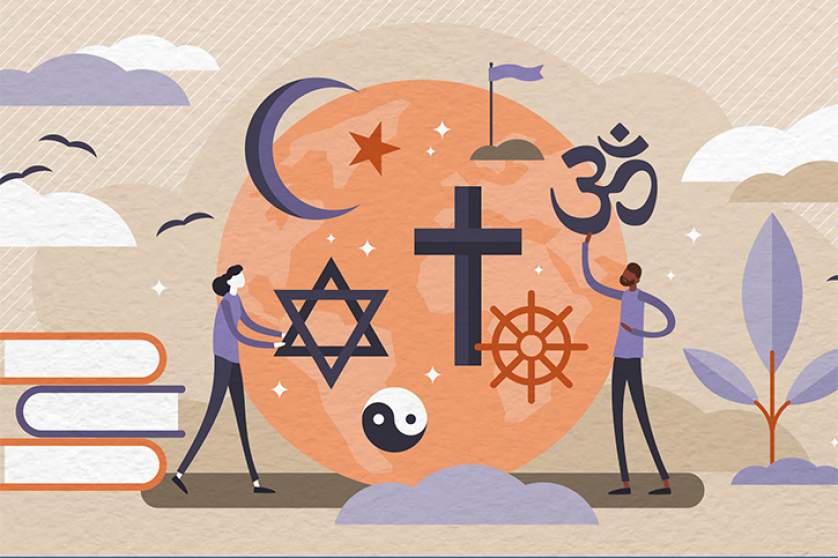


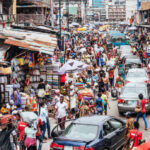

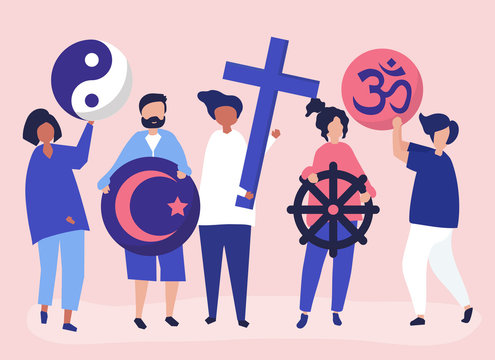





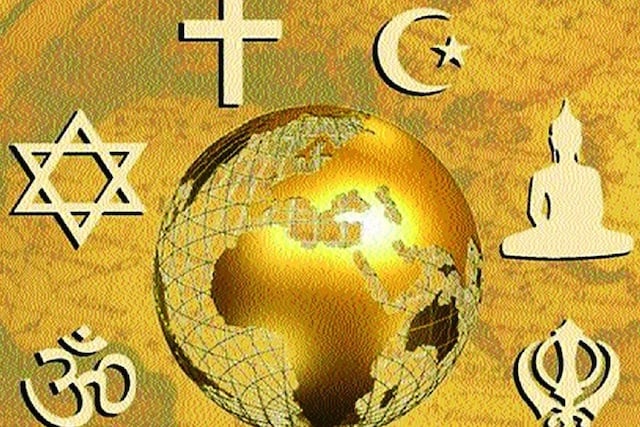
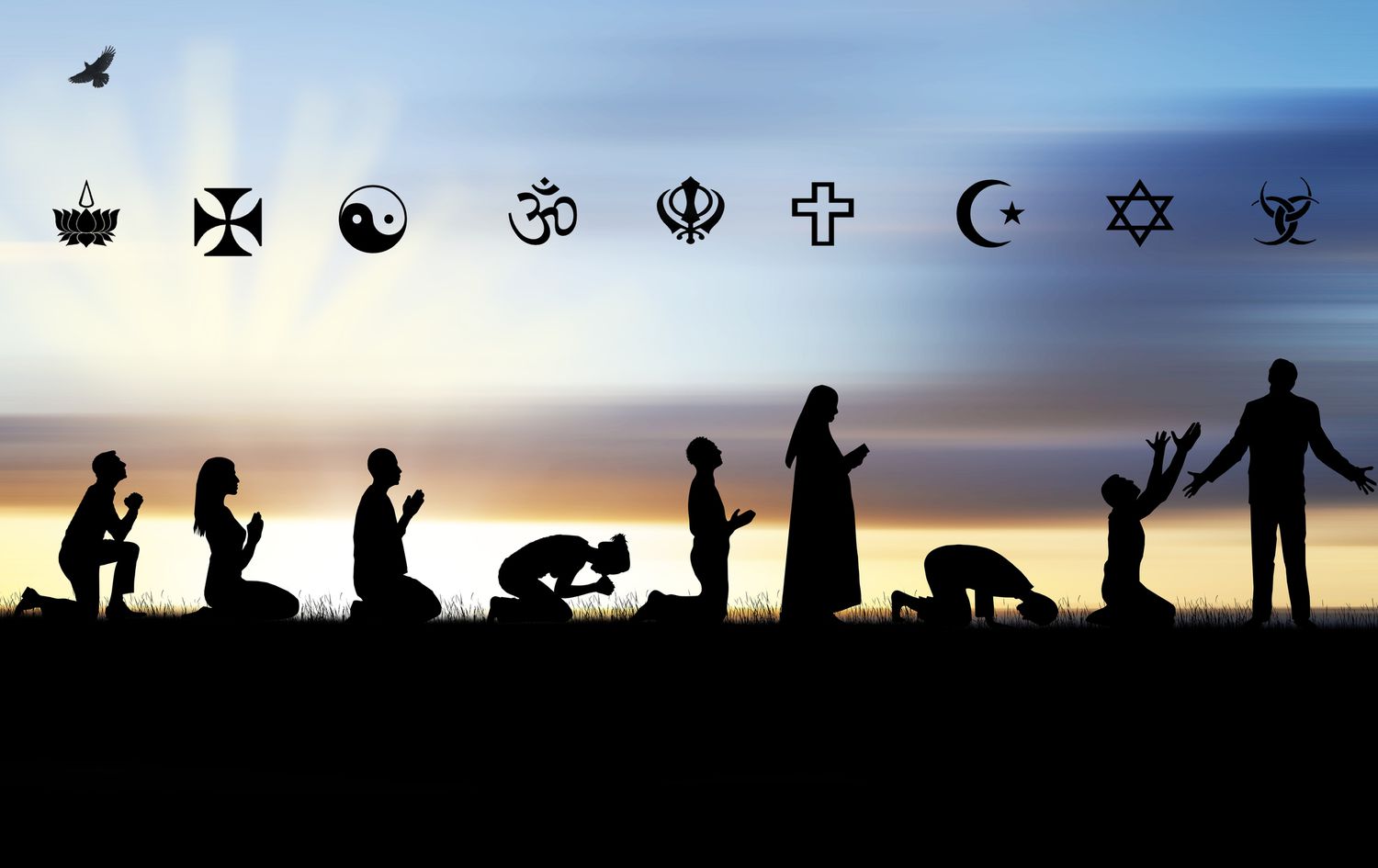



GIPHY App Key not set. Please check settings